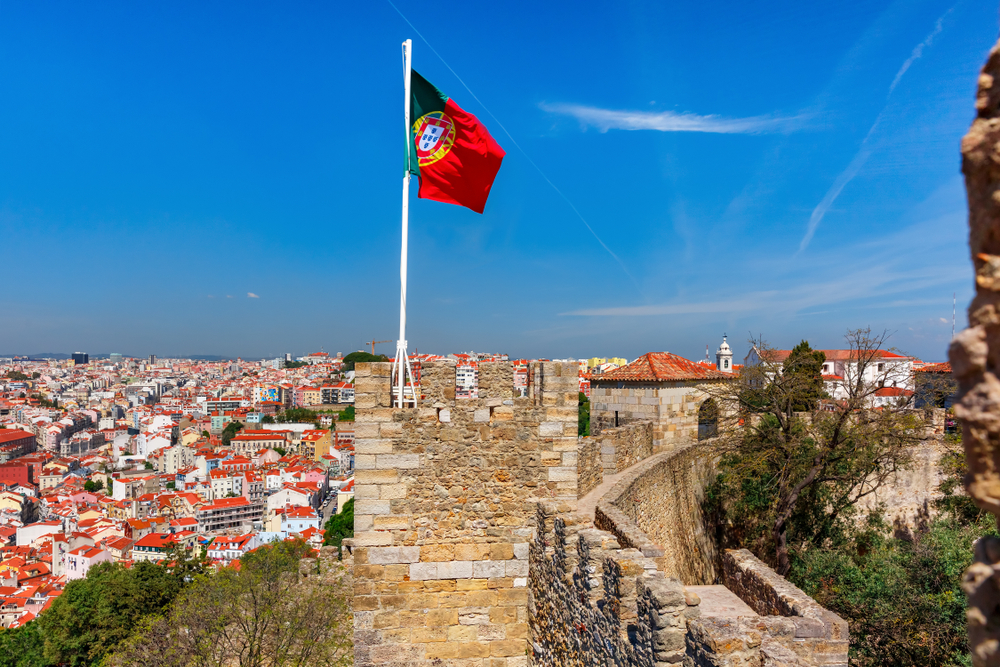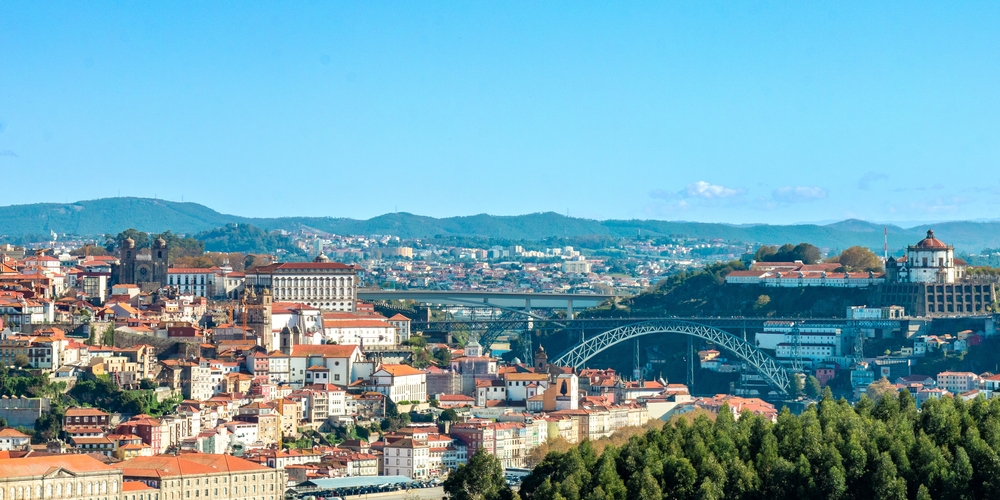
Since the UK's departure from the European Union, several aspects of travel and immigration have undergone significant changes. This has affected the visa application process for Portugal.
Prior to Brexit, as a member of the EU, UK citizens enjoyed the freedom of movement within the bloc, including Portugal.

However, since January 1, 2021, UK citizens are no longer able to travel freely throughout the EU. Fortunately, the Portuguese government has implemented visa-free travel for UK citizens for short-term visits while it has a host of attractive options for longer stays.
By capitalising on the likes of the Golden Visa, NHR (Non-Habitual Resident) program and D7 visa, there are big benefits and tax breaks to benefit from.
Residency visa and Long-term Stays
For UK citizens looking to live or work in Portugal for an extended period, the rules have changed since Brexit.
The withdrawal of the UK from the EU meant the end of automatic freedom of movement and residency rights.
As a result, UK citizens now need to follow the rules and requirements applicable to third-country nationals when seeking residency in Portugal.
Golden Visa Program
Prior to Brexit, UK citizens didn’t qualify for Portugal’s Golden Visa program. Now, Brits can apply for the visa and live with a residence permit in the country without any visa restrictions, with the ability to acquire Portuguese citizenship at the end of the five years.
The visa requirement states that you are only required to stay in Portugal for seven days in a year during the program.
This is a huge benefit for individuals with business or family interests outside of Portugal and need to travel frequently.
The Portugal Golden Visa also entitles you to benefit from healthcare, education, and social security rights during your stay in the country.
Those applying for a Golden Visa must make an investment into the country of over €500,000 and due to rules this may be in a business, technology or similar.
You will also require a bank account and Portugal taxpayer number.
D7 Visa for people relocating or retiring

The Portugal D7 Visa or passive income on non-Portugal based assets such as dividends, rental income, royalties and pension income at 10%. The D7 visa is another option to acquire a Portugal visa after Brexit and over 50,000 wealthy Brits have taken advantage of this in the last few years alone. If you have a passive income of €1,000 a month, you are eligible.
It is also worth keeping in mind that visa applicants will need to provide a higher minimum income when applying with dependents with an additional €4,230 per year for each of the adult dependents, €2,538 per child.
Viewed as many as a retirement visa thanks to it having no active employment income requirement, it can be acquired by providing evidence of adequate savings without passive income.
This gives you the right to live in Portugal. Unlike the Golden Visa, you’re required to spend more time in the country. You must stay at least 16 months for the first two-year period.
You must apply for the D7 Visa in the UK and provide evidence of your long-term accommodation for your time in Portugal. You will also require a bank account and Portugal taxpayer number.
The D7 allows you visa-free entry and movement through the Schengen Area.
Non-Habitual Resident (NHR)
Once you’ve stayed in Portugal through the D7 or Golden Visa for 183 days, you can begin to apply for the NHR scheme.
Through the scheme you can enjoy a number of benefits over a 10-year period, provided you hold the appropriate residency status and have not been a Portuguese tax resident in the five years prior to your residence in Portugal.
These include a tax exemption on all foreign income, a flat 20% tax rate on income generated within Portugal (for qualifying professions and self-employment), no wealth tax, and special individual income tax treatment for 10 years.
Contact us today to start maximising your opportunities...
90-Day Rule for UK and Portugal
UK citizens are now permitted to stay in Portugal and other EU countries visa-free for up to 90 days within any 180-day period.
This means that UK tourists can visit Portugal for vacations, business trips, or other short-term purposes without obtaining a visa.
However, it's crucial to keep track of the duration of stay and ensure compliance with the 90-day rule to avoid any potential issues.
Healthcare
Before Brexit, UK citizens had access to healthcare under the European Health Insurance Card (EHIC) scheme. Since then, the EHIC is no longer valid for UK citizens.
However, the UK and Portugal have reached an agreement to ensure continued healthcare coverage for UK residents in Portugal and Portuguese residents in the UK.
UK citizens moving to Portugal should familiarize themselves with the new healthcare arrangements and consider obtaining private health insurance if necessary.
Author Bio: Sofia Martins
Sofia Martins is a seasoned writer specializing in Portugal's visa landscape. With a keen focus on visa options such as the Golden Visa, D7, and Digital Nomad visas, she provides concise and insightful information to individuals looking to make Portugal their home. Sofia's expertise simplifies the complex visa processes, enabling readers to embark on their Portuguese adventure with confidence.
Secure EU Residency Through Portugal’s Golden Visa By Investment
Gain visa-free travel, family inclusion, and a secure path to EU citizenship
Maximise your wealth, tax status, property & life in Portugal
Talk to our expert team, so that we can offer personalised support to meet your specific needs.

.jpg)



